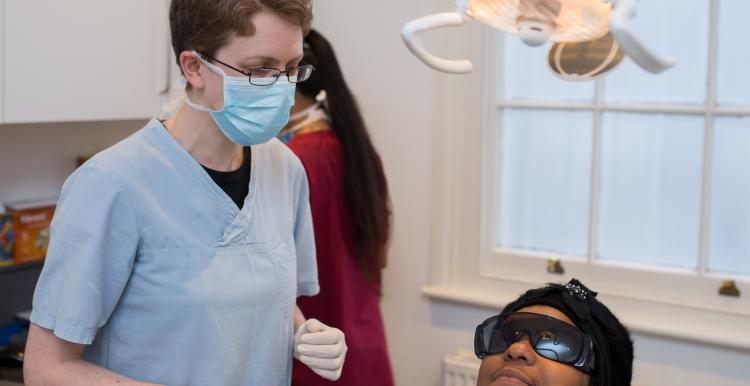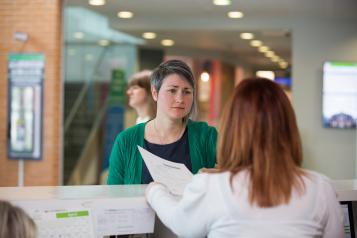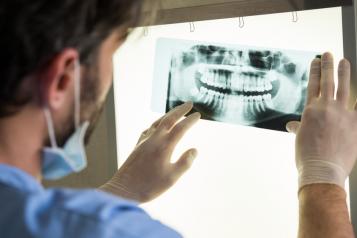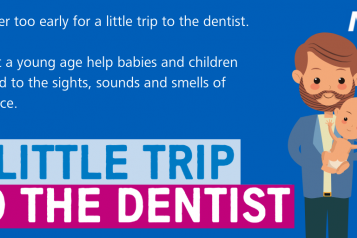Update on dental services for vulnerable groups

Practices continue to provide advice, assessment and to prescribe antibiotics and painkillers where required, as well as some face to face dental care where necessary. Most face to face care is for urgent cases. Practices have plans in place to restore routine services but are focussing initially on urgent care and those who have experienced dental problems during the lockdown period. When routine services do resume dental care for people who are more vulnerable and who need more frequent checks will be prioritised.
As a result, not all practices or clinics are able to offer the full range of dental treatment. Patients may be referred on, particularly if the referral to another service will offer treatment in a safer setting for the patient. This may involve travelling further than would usually be the case.
The NHS recognises that some vulnerable groups are finding it harder than usual to access services – particularly as no walk-in options are available. Pathways and treatment arrangements for these patients have been reviewed to ensure that they can continue to access urgent care. Primarily this is through NHS111 or local dental helplines. Many practices are operating with reduced capacity and will therefore be restricted in the care that they can offer to new patients. Urgent Dental Centres (UDC) remain open to ensure access to urgent dental care where practices are unable to provide this to all patients.
It is very important that patients seeking help do not visit A&E departments or GP surgeries for dental care. Emergency care for dental issues will only be provided by A&E if there are life threating issues such as uncontrollable bleeding, swelling affecting the airways etc.
If you are not registered with a local practice, call NHS 111.
Asylum seekers can access services in the same way as other patients. There are currently over 80 operational UDCs across the Midlands for patients with no Covid-19 symptoms. In addition, there are also a small number of separate sites for patients who are possible or confirmed Covid-19 patients. Some of these sites are specialist sites for those who are medically vulnerable (at high risk of Covid-19 illness) or shielded patients. These sites continue to operate to ensure access to urgent dental services for any patient who is unable to be seen by a local practice.
NHS111 will direct the patient in hours to a local dental practice for an initial telephone based dental triage. If following the initial triage, the patient requires urgent dental treatment which the practice is unable to provide, the patient will be referred on to a local UDC.
For refugees or asylum seekers experiencing language barriers, NHS 111, dental practices and the UDCs can access a direct dial-out facility within a telephone interpreting service. This service enables dentists and nurses to call a patient directly on their phone at any time of the day through an interpreter.


